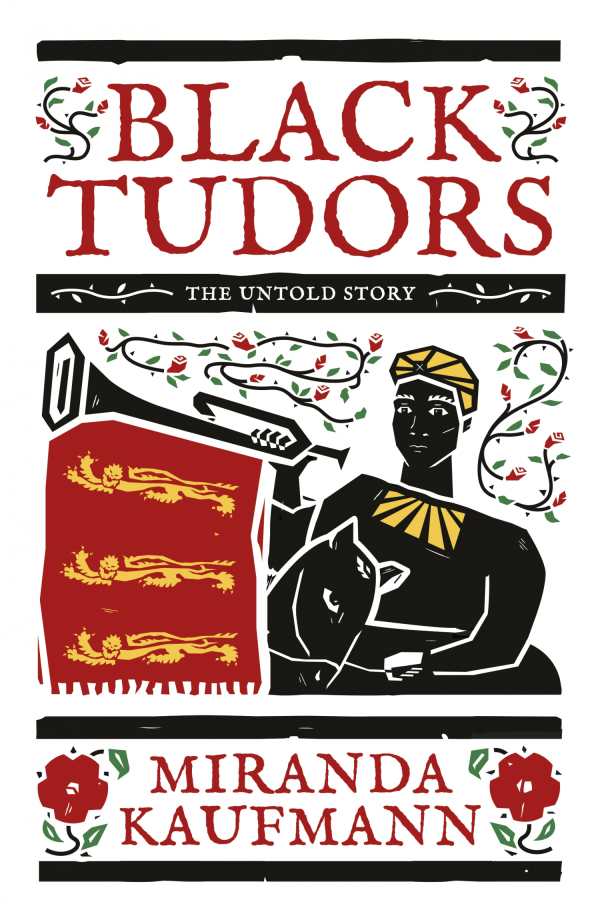Black Tudors
Tudor England’s legendary history is a rich locus in the popular imagination. Full of pageantry and larger-than-life personalities, the period is a favorite of the Anglophilic world. But what if that seemingly monolithic world was also black? Miranda Kaufmann’s The Black Tudors: The Untold Story combs historical records and reveals that, in fact, it was.
Kaufmann looks at surviving documentation and reveals the African men and women who were present in England as full members of society, filling a variety of roles, collecting wages, and functioning autonomously. Over ten chapters, Kaufmann’s vignettes interpret individuals’ lives within their historical moments. Yet, the historical record is not limited to Kaufmann’s ten; appearing alongside the chapters’ main characters are others whose presence is no less fascinating for only appearing scantly in historical records.
For a modern audience acculturated to thinking of Africans in the West as either enslaved or altogether absent, the picture that emerges challenges the centrality of whiteness and slavery in the Tudor period. Kaufmann takes pains to situate England on the national stage as a minor nation emerging from civil war and fighting to be acknowledged at the international level.
Tudors were fascinated with North Africa and heavily invested in trading alliances and cultural exchange with African sovereigns, she reveals. Although hierarchical and heavily dependent on servants, Tudor society didn’t have slaves, a precedent so well known that slaves of several nations schemed their way to England in a bid for freedom.
Whether with Edward Swarthye, a black porter, delivering Tudor justice when he whips a white servant, or the suggestion that Anne Cobbie, the “tawny moor with soft skin,” might have been a literary inspiration, Kaufmann’s The Black Tudors concentrates on individuals who are enmeshed in the historical narrative and effectively places them right back where they’ve always belonged.
Reviewed by
Letitia Montgomery-Rodgers
Disclosure: This article is not an endorsement, but a review. The publisher of this book provided free copies of the book to have their book reviewed by a professional reviewer. No fee was paid by the publisher for this review. Foreword Reviews only recommends books that we love. Foreword Magazine, Inc. is disclosing this in accordance with the Federal Trade Commission’s 16 CFR, Part 255.

